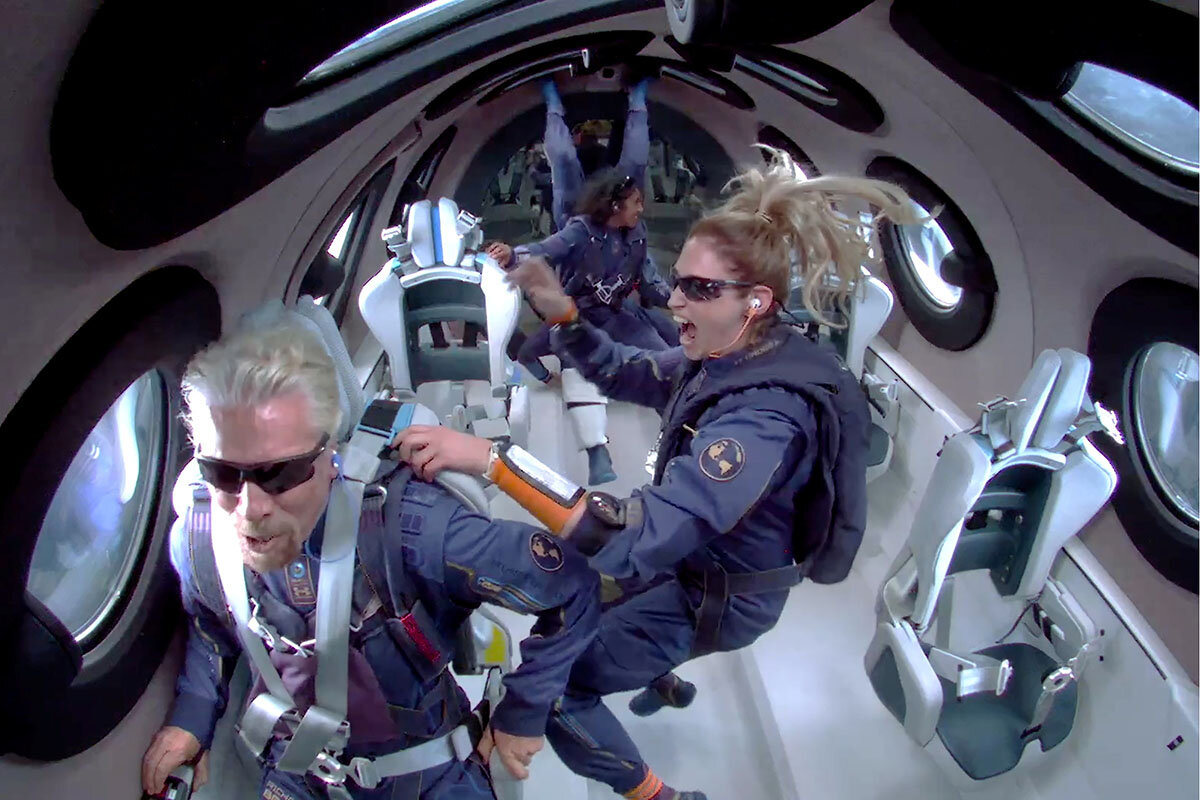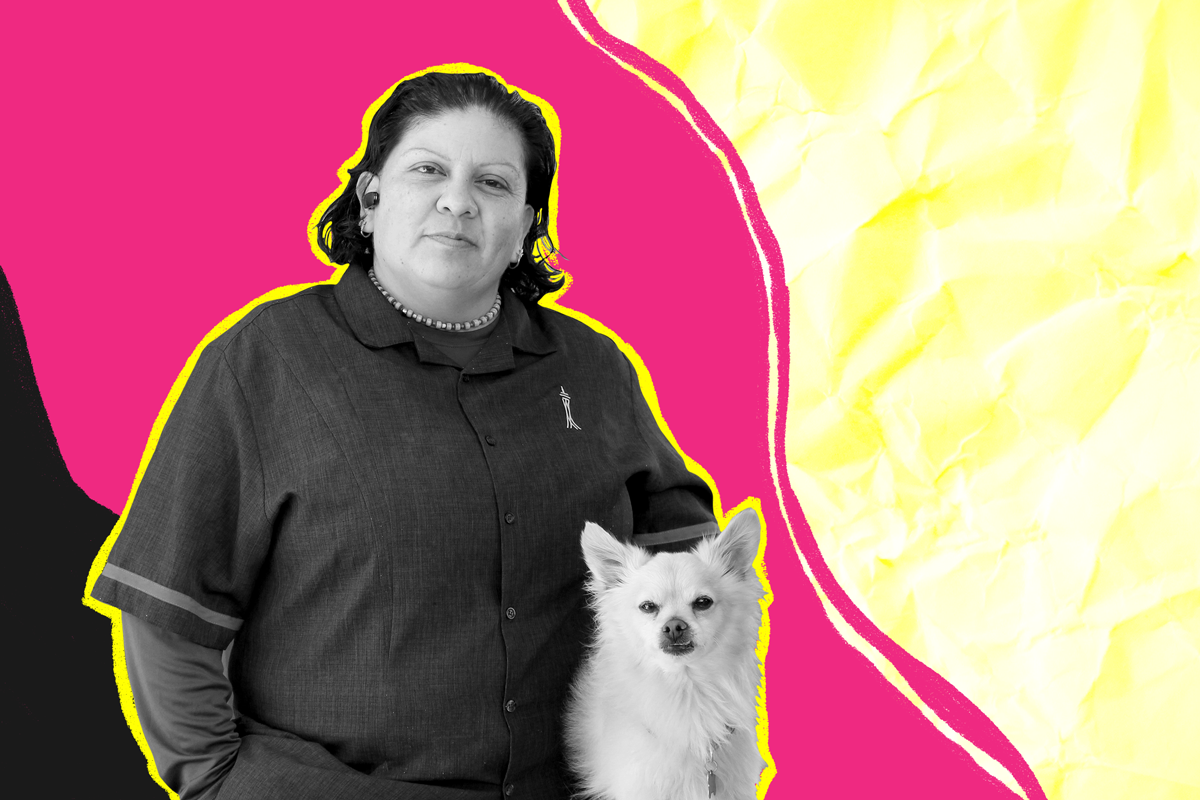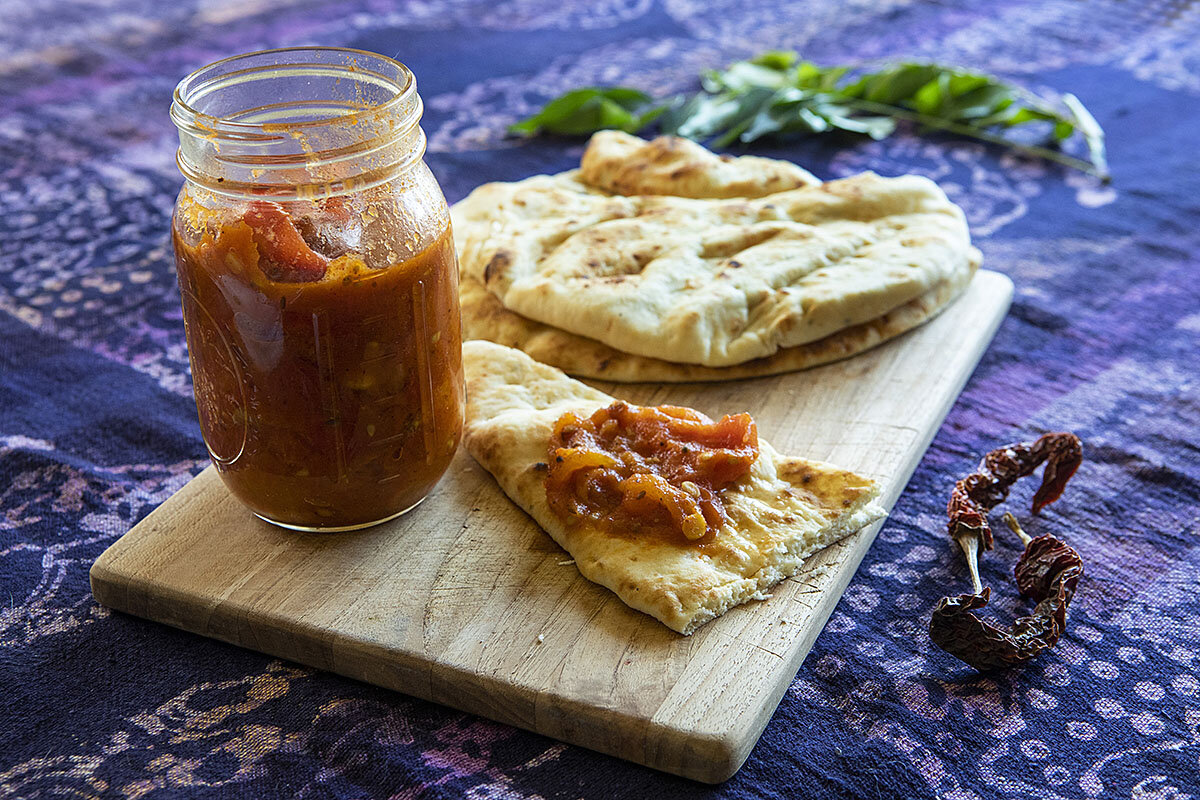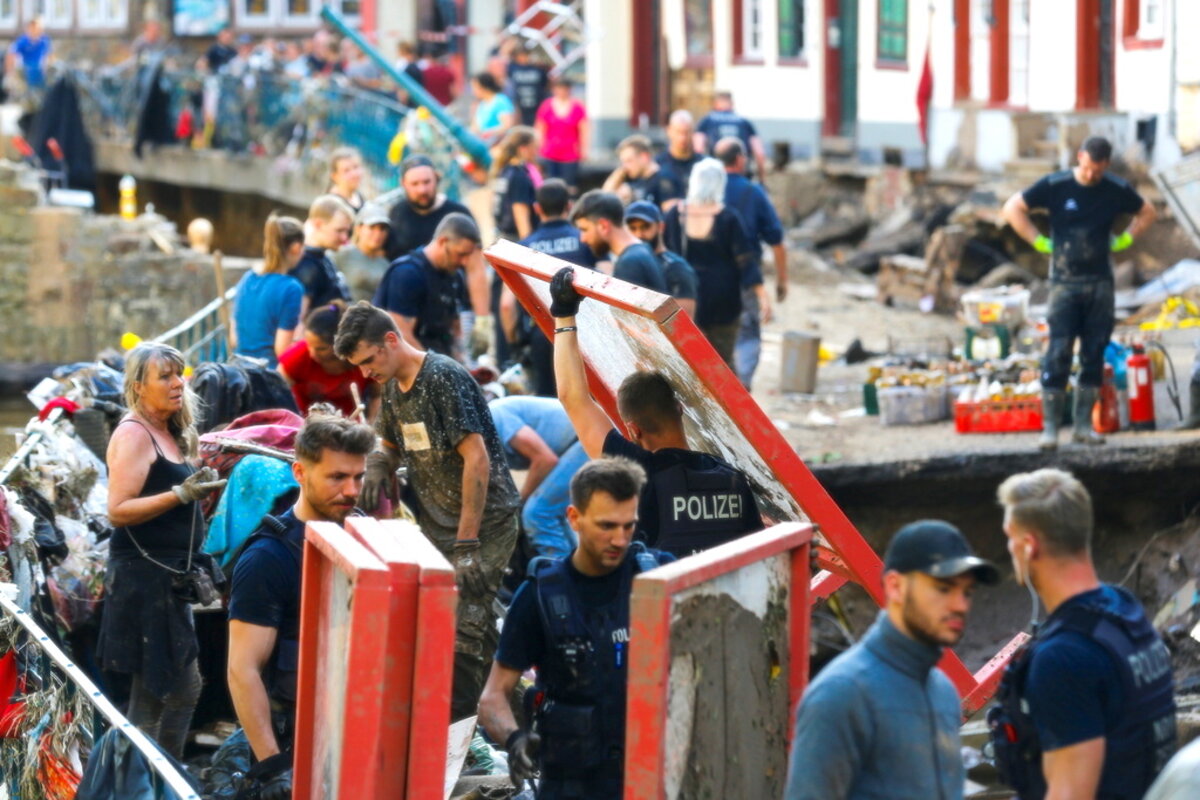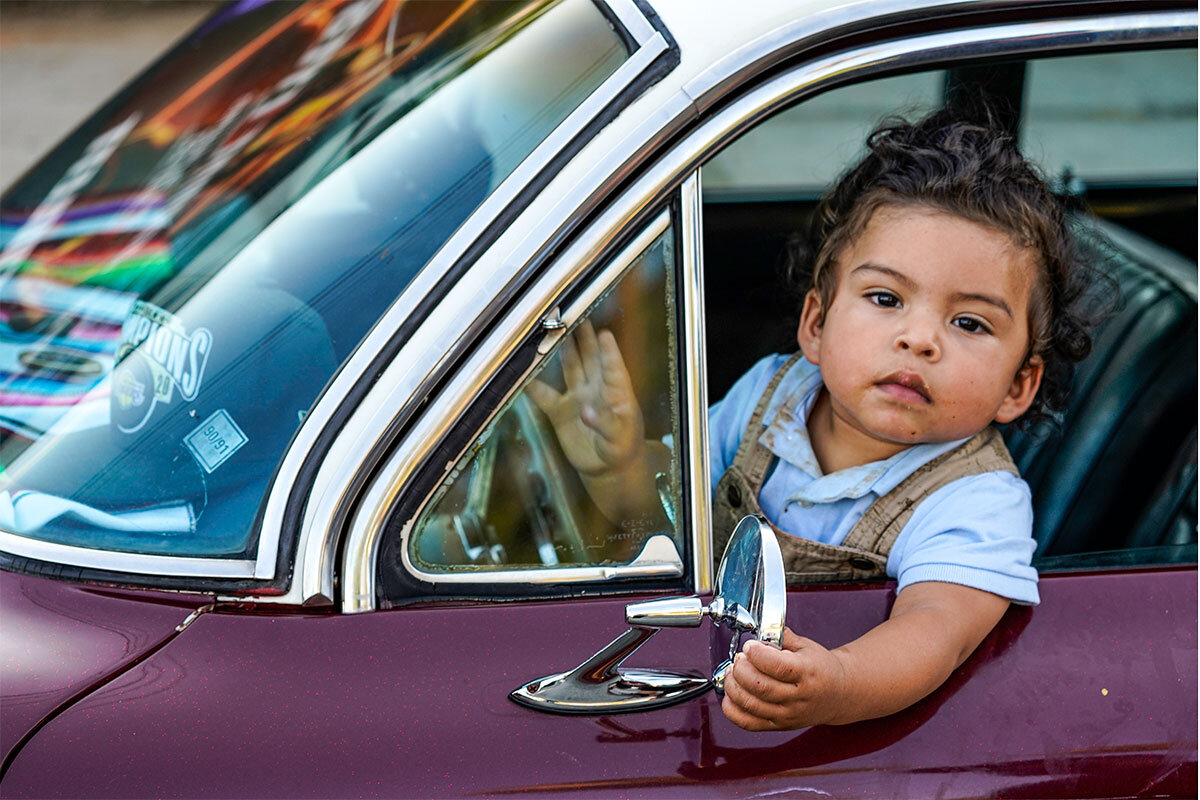What does a Nobel Peace Prize really represent – and how do you define “peace” in the first place? We look at why those questions have an especially sharp edge at the moment.
Monitor Daily Podcast
- Follow us:
- Apple Podcasts
- Spotify
- RSS Feed
- Download
 Clayton Collins
Clayton Collins
How can we credibly maintain hope in these times?
Consider the alarming narratives, both long-running and new: “cracks in the global order” and climate catastrophe, not to mention market woes and moon wobble. (Those are all from weekend headlines.)
Problems need to be exposed and confronted. But there’s inspiration in personal stories of adaptation and pushback. It’s real and worth reaching for. It fortifies and adds perspective.
Our new podcast, “Stronger,” resumes today with another profile in persistence. By the end of this week, it will have featured a half-dozen women who live and work at an epicenter of the economic upheaval wrought by a pandemic from which much of the world is only now kicking clear.
A colleague wrote last week about the openness and trust you can feel in this podcast – both in the empathetic approach to its reporting and from the women whose stories it tells. But there’s something else about our audio series, something intentional: It advances a counternarrative.
In covering the very real economic setbacks dealt to women, in particular, many outlets have gone in for full, bleak accounting. One major U.S. outlet burrowed into the “loss of self-determination, of self-reliance.” Another focused on lifetime costs of $600,000 to the “typical American woman.”
Losses and costs are not the whole story, though. There’s power and hope to be found in reinvention, in resourcefulness, in reaching out to help others. “Stronger” shows what resilience can mean.





